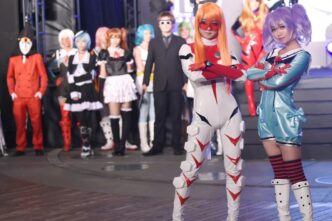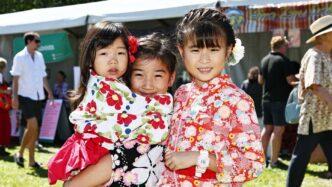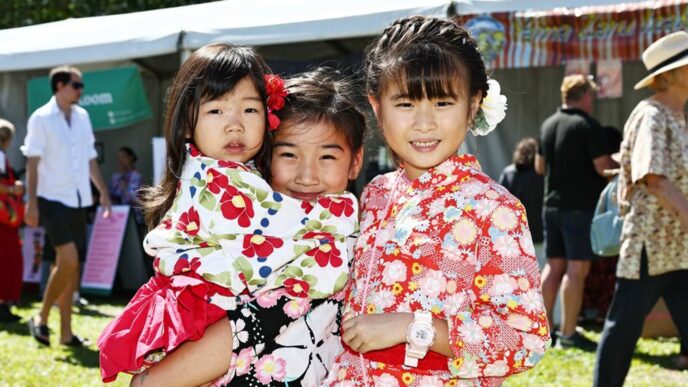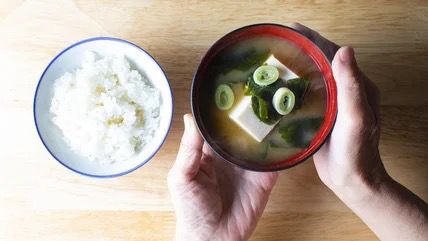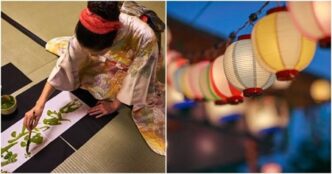Seoul/Tokyo — For decades, relations between South Korea and Japan have been shadowed by painful chapters of history, ranging from Japan’s colonial rule of the Korean Peninsula (1910–1945) to disputes over wartime labor and territorial issues. Yet, beyond the halls of diplomacy and politics, a quieter and more promising story has been unfolding: the rise of cultural exchange as a powerful bridge between the two nations.
From Boycotts to K-Pop Fandom
In 2019, South Korea saw a surge of boycotts against Japanese products amid trade disputes. Fast forward a few years, and the scene looks remarkably different. Korean K-pop groups like BTS, BLACKPINK, and NewJeans dominate Japanese charts, while Japanese anime, manga, and J-pop continue to find passionate audiences in South Korea.
“It’s quite a contrast,” says a Seoul-based cultural analyst. “While politics often divides, popular culture has become a shared language of youth in both countries.”
The New Generation’s Perspective
For younger generations, historical grievances remain acknowledged but do not necessarily define daily interactions. University students in Seoul often attend Japanese-language classes, while Tokyo teenagers can be seen performing Korean dance covers in public spaces like Shibuya Crossing.
Digital platforms such as TikTok and YouTube have only accelerated this cultural blending, with collaborative content, fan communities, and cross-border events normalizing friendships and exchanges.
Governments Catching Up
Recognizing the soft power of cultural diplomacy, both governments have begun to encourage more exchange programs, film festivals, and academic collaborations. In 2023, a joint Japan-Korea Cultural Year was celebrated with art exhibitions and concerts highlighting shared values while respecting differences.
“The way young people consume each other’s culture gives us a chance to build empathy,” noted a Japanese diplomat. “It doesn’t erase history, but it does offer a path toward mutual understanding.”
Healing Through Creativity
Film and television have also played a role in reshaping perceptions. South Korean dramas such as Crash Landing on You and Extraordinary Attorney Woo gained immense popularity in Japan, while Japanese films like Your Name and Suzume continue to captivate Korean audiences.
Artists and creators increasingly see collaboration as an opportunity rather than a challenge. Co-productions in cinema, joint music ventures, and even fusion cuisine—such as Korean-inspired ramen or Japanese-style kimchi dishes—symbolize how culture can become a neutral ground for connection.
Looking Ahead
The journey between South Korea and Japan is still one of reconciliation and dialogue. Political disputes may resurface, but cultural bridges continue to expand quietly, shaping a future where shared creativity might succeed where diplomacy struggles.
As one Japanese student studying in Seoul put it: “We may not forget the past, but we can still dance to the same song today.”
